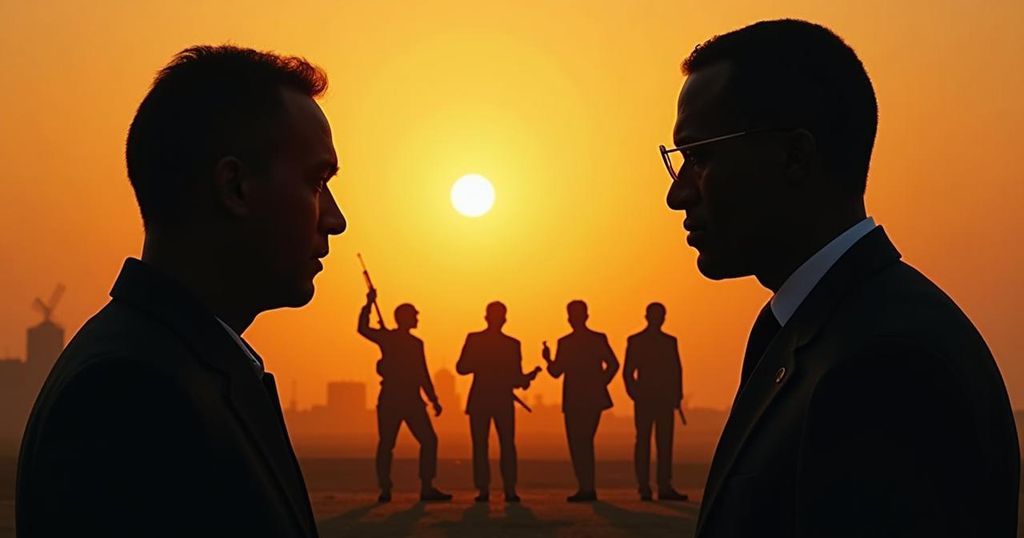Stalemate at BRICS Talks: Egypt and Ethiopia Reject Joint Statement on Security Council Bid
The recent BRICS foreign ministers meeting in New York ended without a joint statement, marking a first in the group’s history. The deadlock was attributed to complications arising from the inclusion of new members and their support for the aspirations of India, Brazil, and South Africa regarding permanent seats on the UN Security Council. Reports from Brazilian media confirmed the stalemate amid expectations for comprehensive discussions on various international issues.
A recent gathering of the BRICS foreign ministers in New York witnessed an unprecedented failure to achieve consensus, ending without a joint statement for the first time since the group’s inception. This meeting was held alongside the United Nations General Assembly, where expectations were high for the adoption of a comprehensive 52-paragraph document addressing critical issues such as the Middle East situation, the introduction of a common currency, and initial discussions concerning the accession of additional members to the BRICS summit scheduled in Kazan, Russia, in October. However, reports from Brazilian media outlet UOL, corroborated by the South China Morning Post, have indicated that the discussions reached an impasse. In light of the group’s recent expansion, it appears that the integration of new members has complicated the consensus-building process. A stipulation imposed by Indian and Brazilian diplomats prior to the inclusion of new members was that these nations must endorse the ambitions of India, Brazil, and South Africa for obtaining permanent seats on the United Nations Security Council. This condition, coupled with diverging national interests among the member states, contributed to the inability to finalize a joint statement during this significant meeting.
BRICS is a coalition of major emerging economies comprising Brazil, Russia, India, China, and South Africa, which has been seeking a more prominent role in global governance structures, particularly the United Nations Security Council. As the group expands to include new members, there is an increased focus on achieving unanimity on key international issues, which has proven challenging due to varying national priorities and relationships among the member countries. The recent failure to reach a consensus highlights these ongoing difficulties, particularly in relation to prospective changes in the UN Security Council structure and the perceived priorities of the newer member states.
The BRICS foreign ministers’ recent meeting illustrates the challenges faced by emerging economies in achieving collective goals, especially as the group expands. The inability to produce a joint statement reflects underlying tensions and diverging interests among the member states regarding significant issues such as UN Security Council reform. This impasse raises questions about the future cohesiveness of BRICS as it seeks to influence global governance.
Original Source: www.scmp.com




Post Comment